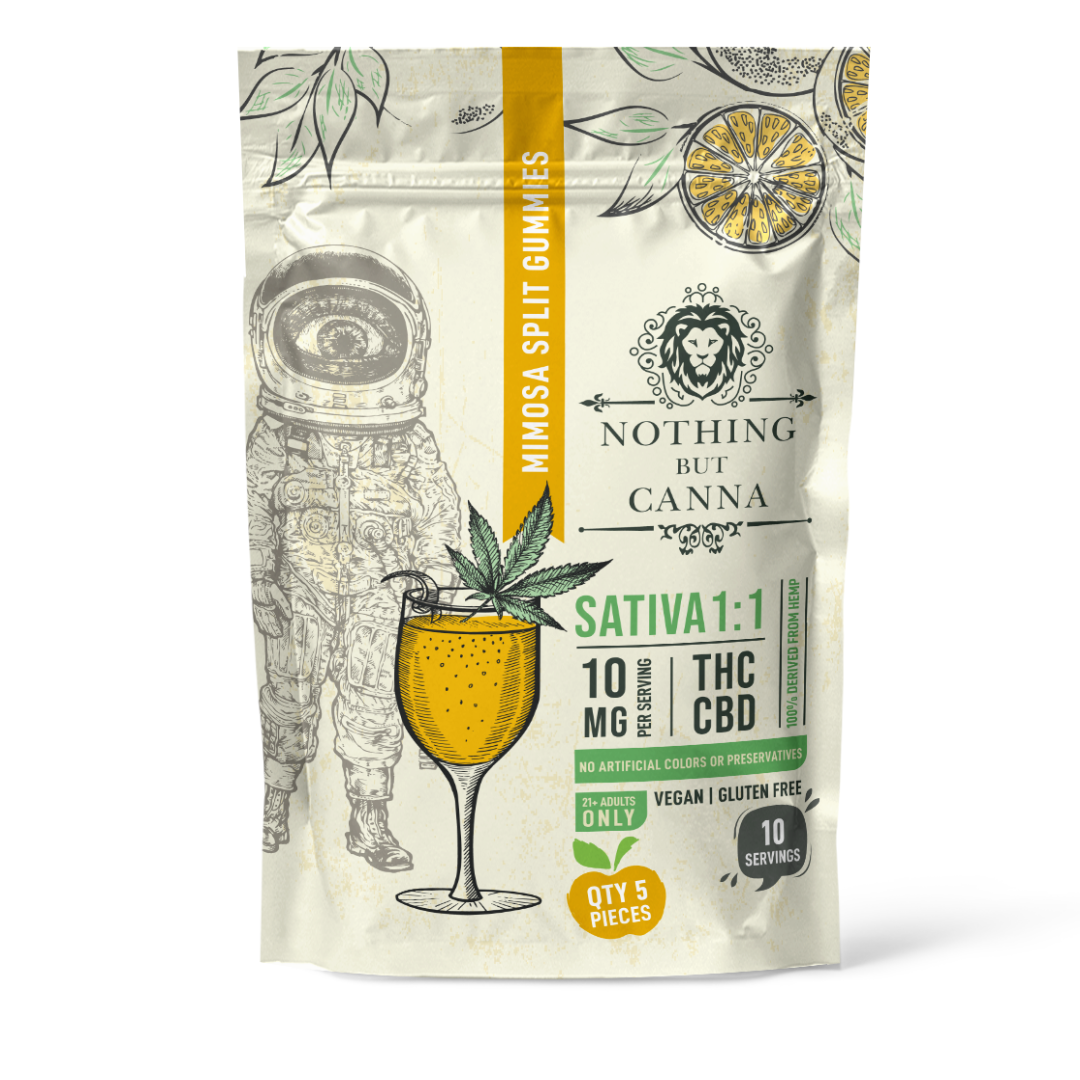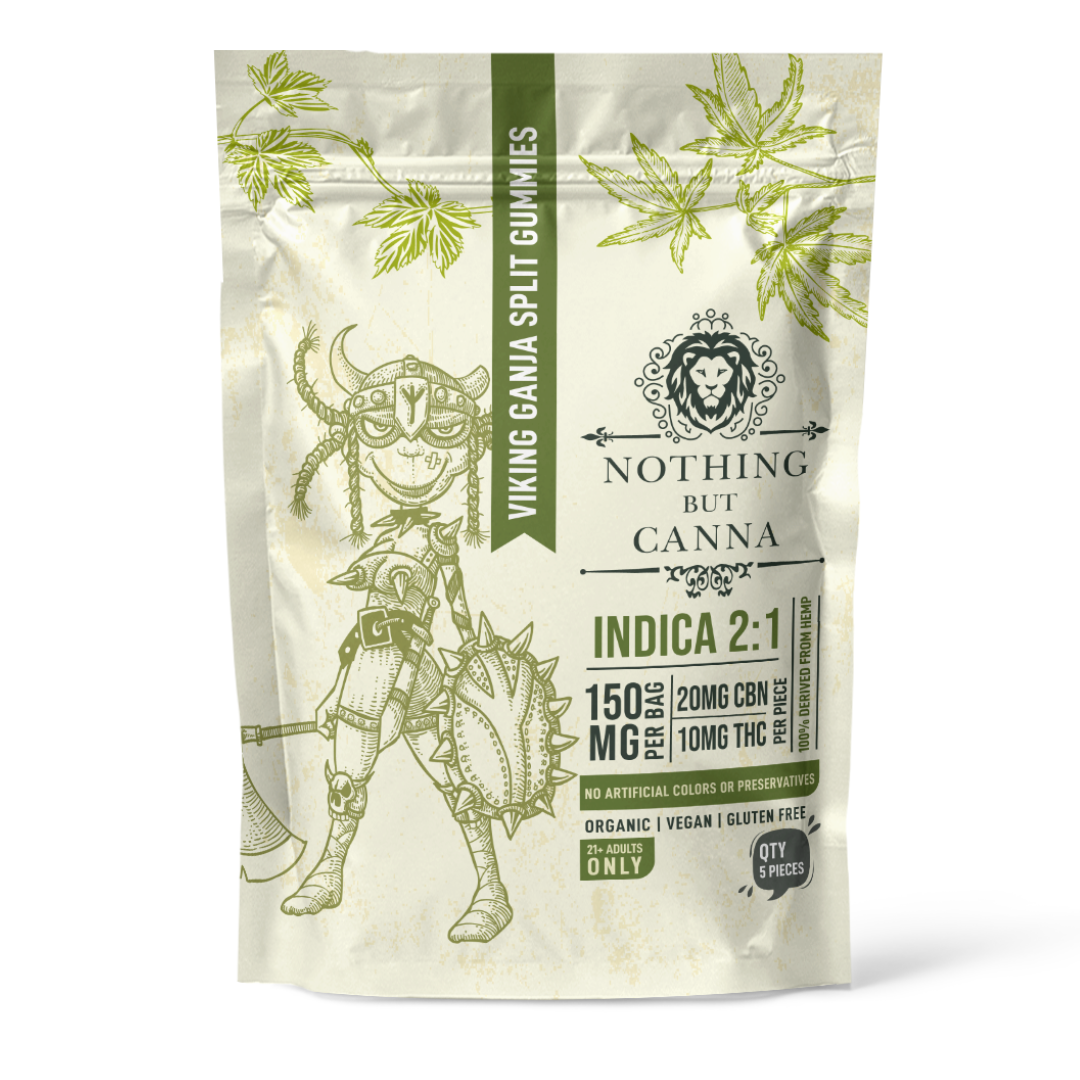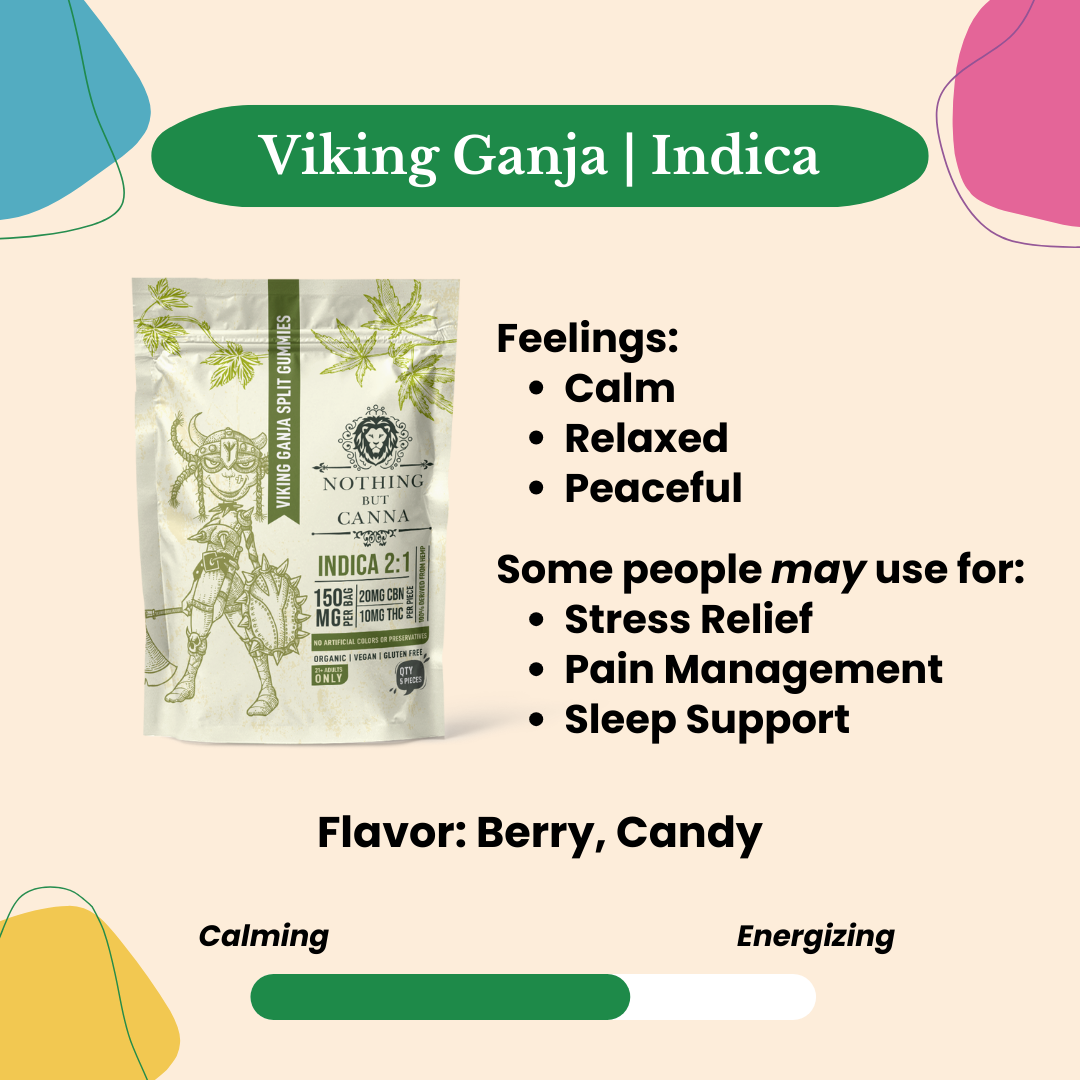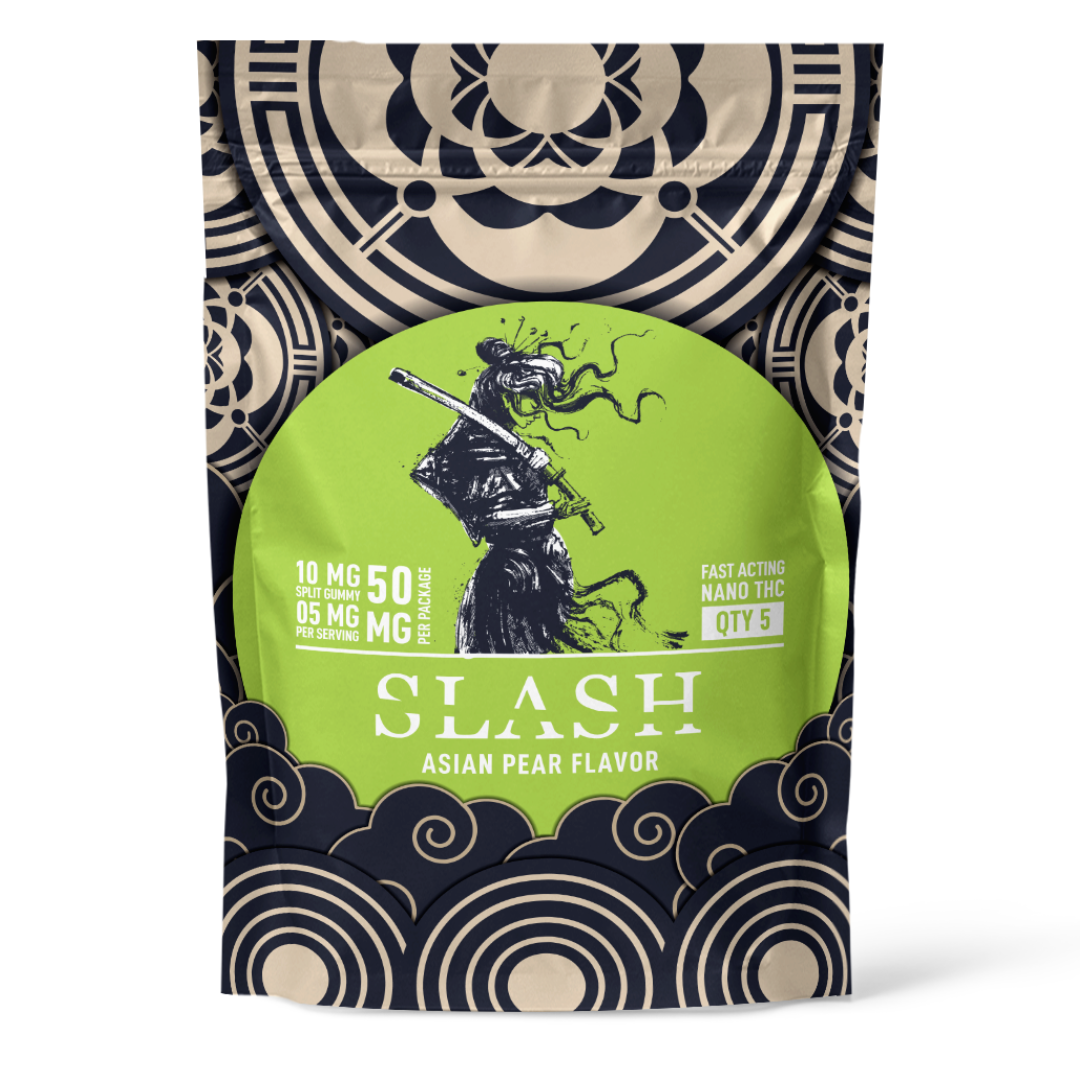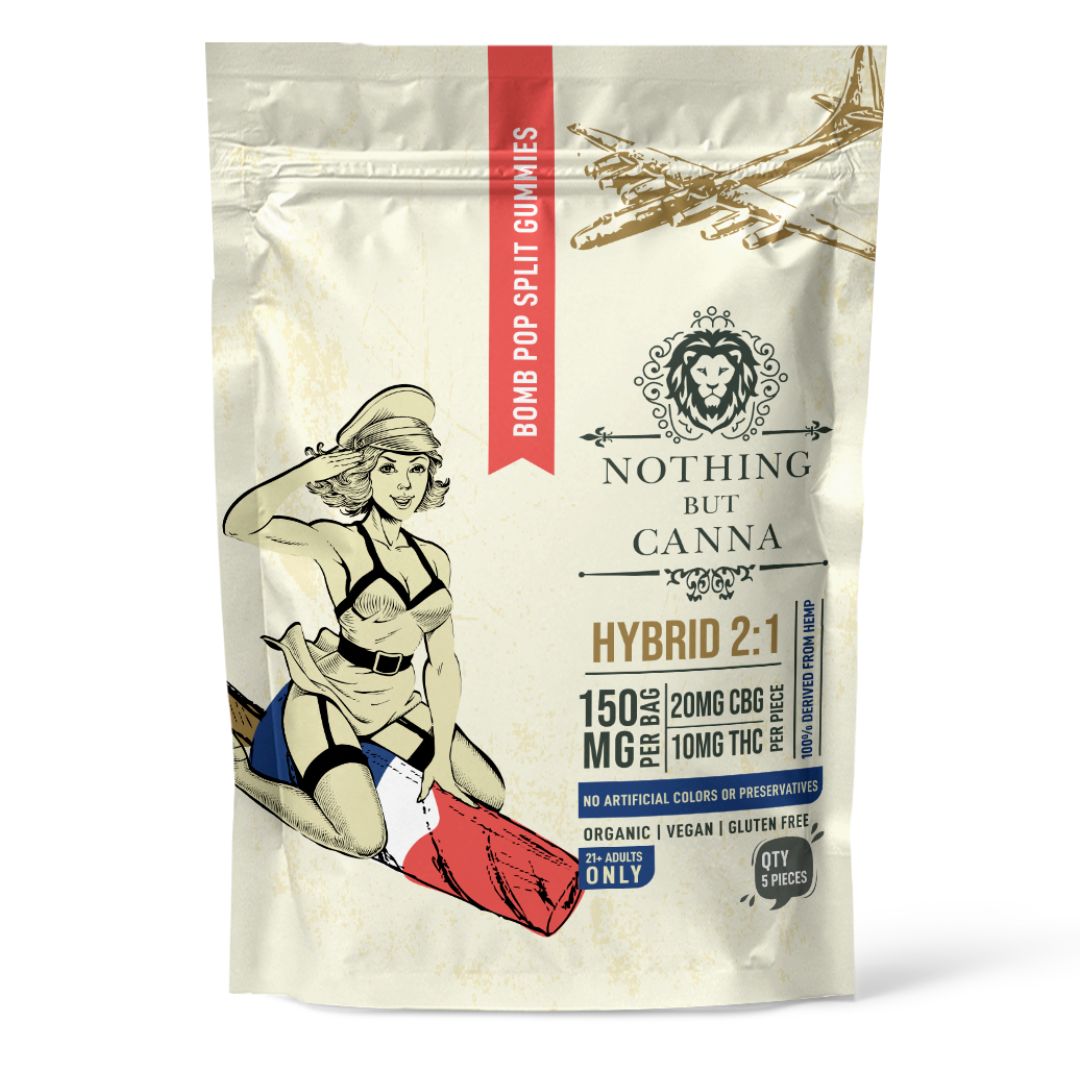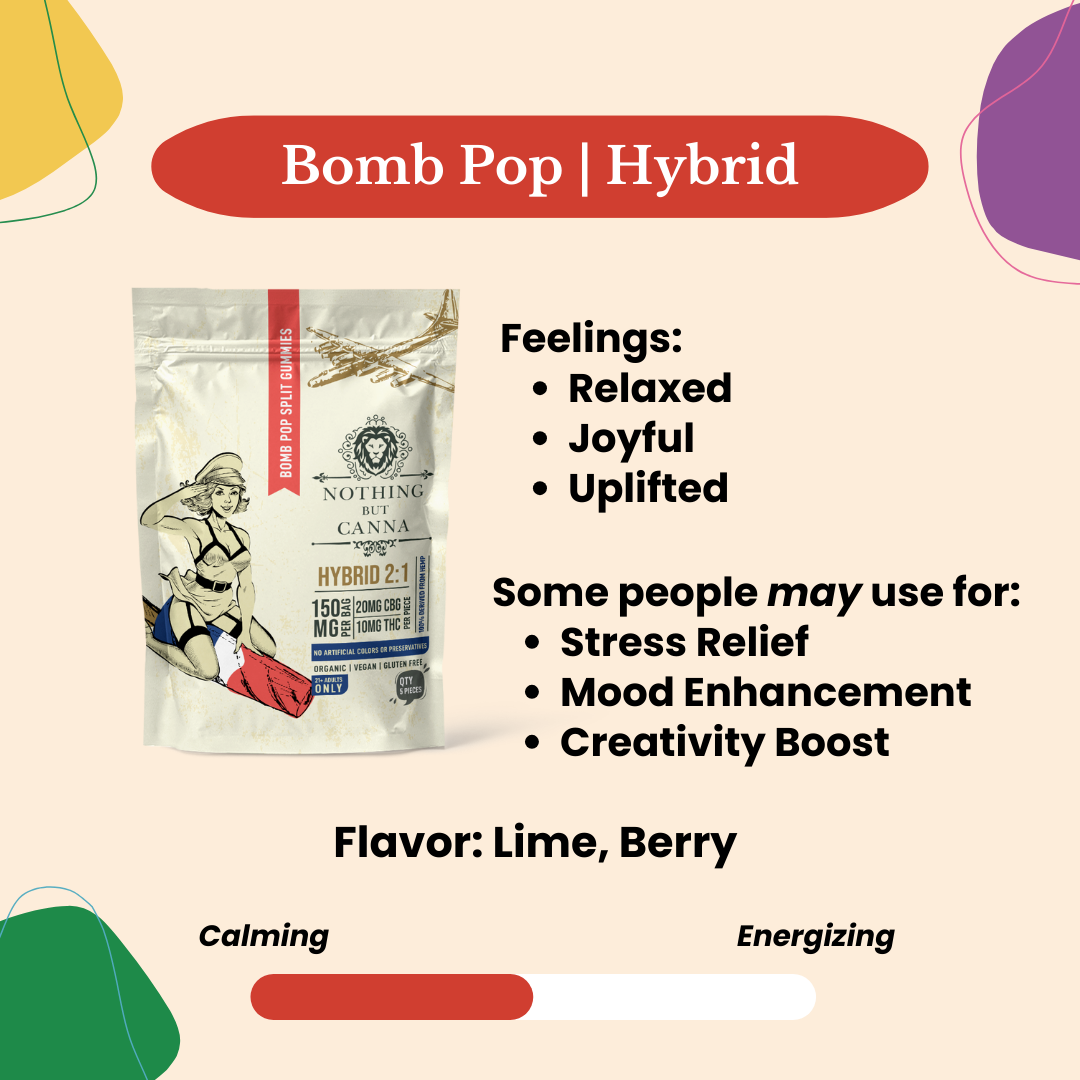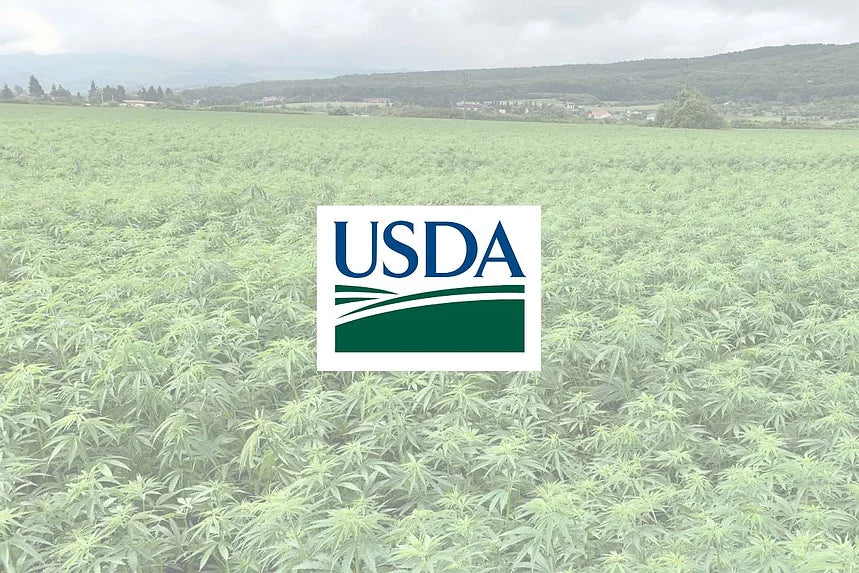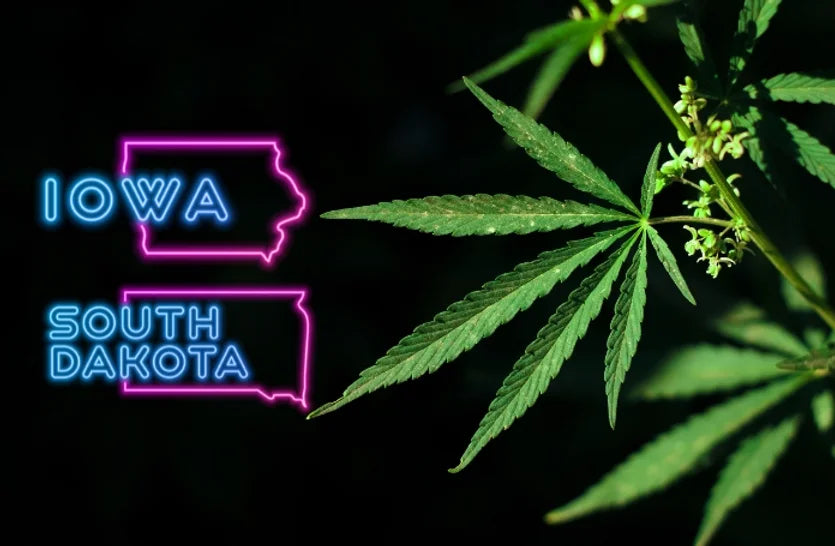
It has been a little over one year since the Minnesota State Legislature passed the recreational cannabis legalization statute last May. That law, which went into effect Aug. 1, 2023, legalized the cultivation, manufacture, and retail sales of recreational marijuana for adults over 21 in Minnesota.
The new law, which legalized adult-use cannabis and made Minnesota one of 25 states to do so since 2012, also brought significant changes to the hemp-based product market. It placed the sector under the regulatory purview of the MN Department of Health's Office of Medical Cannabis, requiring hemp businesses to register and imposing a 10% tax on all hemp products.
As first reported by the Minnesota Post, the tax revenue totals collected from the first year of the new law's enforcement have produced a modest and somewhat head-scratching total of just $10 million. According to revenue statistics compiled by the state Department of Revenue, in the 11 months that taxes have been collected from registered hemp businesses, the state received $10,022,635 in revenues, with average collections totaling a little over $900,000 monthly.

The tax does not apply to the state's medical marijuana program. Likewise, cannabis dispensaries on tribal lands (medicinal and adult-use) are also not subject to paying the new tax. However, once adult-use sales officially launch in the Spring of 2025, retail dispensaries will be required to pay the tax like their hemp counterparts.
For distribution purposes, 20% of all taxes will go back to local governments. In addition to the 10% THC tax, all sales of hemp and recreational cannabis products are subject to a 6.875% state sales tax and any applicable local sales taxes.
Many in the hemp and cannabis industries were somewhat surprised by the relatively low total for tax collection numbers. One of those taken aback by the revenue statistics is Shawn Weber, the president of the Minnesota Cannabis Growers Cooperative and an owner of Crested River Cannabis. Based on the taxes collected, the hemp industry is estimated to have generated roughly $130 million in revenue over the past 12-month period.
While Weber considers that number significant and impressive, it is still far too low in his estimation. "$130 million from scratch, that's pretty good, but I think it's underrepresented. To me, they sound low based on what I know," Weber said.
"$130 million from scratch, that's pretty good, but I think it's underrepresented. To me, they sound low based on what I know."
- Shawn Weber, President of the Minnesota Cannabis Growers Cooperative
Jason Dayton, co-founder of the Minneapolis Cider Company, which developed a THC beverage called Trail Magic, concurs with Weber's assessment, especially from the beverage side of the hemp-derived THC market.
"I think the industry is growing at a pace faster than this," Dayton said.
"I think the industry is growing at a pace faster than this."
- Jason Dayton, Co-founder of the Minneapolis Cider Company
According to Bloomberg News, the Minnesota THC-infused beverage industry alone generates $180 million in revenue annually. Dayton believes the number to be closer to $100 million. However, even based on his conservative estimates, the beverage sector should generate that $10 million tax number by itself.
The low numbers could be as simple as a lack of tax filings, newly registered businesses with no sales, and several other mitigating factors. Ryan Brown, a spokesperson for the Department of Revenue, said, "Our figures are based on tax returns filed. MDH's registrants may include wholesalers who wouldn't be registered for the Cannabis Tax as they are selling it exempt for purposes of resale."
"Our figures are based on tax returns filed. MDH's registrants may include wholesalers who wouldn't be registered for the Cannabis Tax as they are selling it exempt for purposes of resale."
- Ryan Brown, a Spokesperson for the MN Department of Revenue
He added that some registered businesses may have closed or stopped selling products and filing. There may also be a substantial number of hemp companies that aren't currently selling products but will in the future. And, of course, there is always the possibility that some companies are making sales but not filing taxes.
Others, like Jon Halper, CEO of Top 10 Liquor (15 locations in Minnesota), believe the revenue numbers reflect a new and growing market sector. He says that while the industry size, derived from collection totals, may seem a bit low, it is still relatively close to accurately capturing the industry's magnitude and growth potential.
"I think those look pretty accurate to me. I assume there is a fair amount that is under the table that you would never be able to pick up, but I don't know if in the low-dose market there is a lot of that happening," Halper said.
"I think those look pretty accurate to me. I assume there is a fair amount that is under the table that you would never be able to pick up, but I don't know if in the low-dose market there is a lot of that happening."
- Jon Halper, CEO of Top 10 Liquor
Regardless of how accurate the tax totals and industry size are, the most important takeaway from the Department of Revenue's report is that incorporating the regulation of the hemp-derived product market under the far-reaching regulatory umbrella of the Office of Cannabis Management need more work.
In time and with more accurate filings and reporting, the numbers will stabilize and provide a more precise reflection of the market's actual size. By bringing the hemp industry out of the shadows and into the light of legal and accountable regulatory inspection.
















